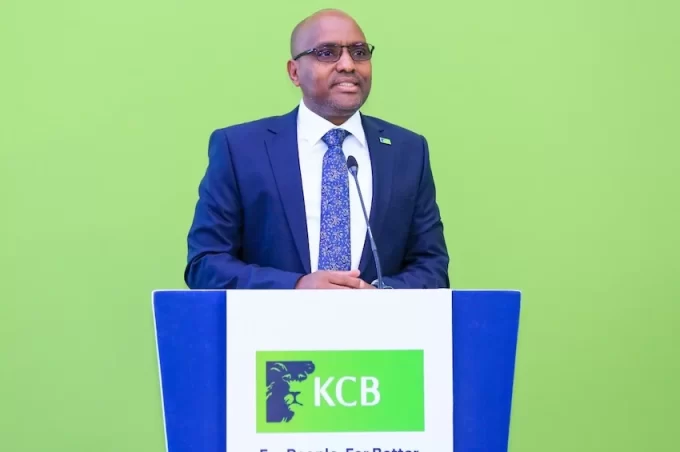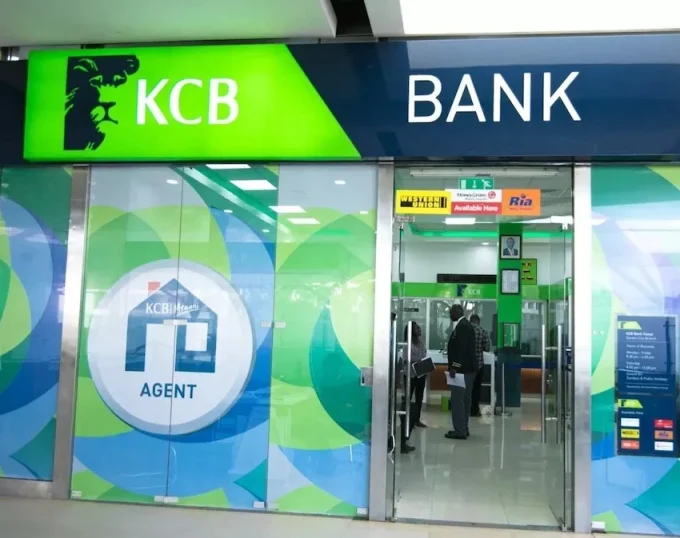KCB Group has signed a deal to facilitate settlements of cross-border transactions across Africa. The agreement signed early this week with the Pan-African Payment and Settlement System (PAPSS) in Accra, Ghana, on the sidelines of the Afrexim Bank Annual Meeting, makes KCB the first bank in East Africa to implement the financial market infrastructure which provides a secure and efficient channel for processing cross-border payments.
KCB Group CEO, Mr Paul Russo, said this platform will guarantee speed, affordability and reliability of transactions, effectively boosting intra-African trade and payments. “With this agreement, we bring on board our payments and collections expertise spanning over 120 years,” said Mr Russo.
Mr Russo said KCB Group banking customers will have access to vast economic opportunities that will deliver multiple advantages and efficiencies especially when conducting Intra-African trade payments.
The platform is a centralized financial market infrastructure developed in collaboration with the African Export-Import Bank (Afreximbank) to complement trading under the Africa Continental Free Trade Area (AfCFTA).
Mr Russo said the Pan-African Payment and Settlement System – PAPSS – provides an alternative to current high-cost and lengthy correspondent banking relationships to facilitate trade and other economic activities among African countries through a simple, low-cost risk-controlled payment clearing and settlement system.
“As a Pan-African banking institution, it is our desire to play a bigger role in facilitating trade across Africa and beyond. With such partnerships, we will settle our own transactions including those for all its subsidiaries as well as for other commercial banks without many hurdles,” Mr Russo said.
See >> Fuliza Ya Biashara: Everything You Need To Know
The platform is expected to deliver multiple advantages and efficiencies to intra-African trade payments that include a reduction in the duration and time variability of cross-border payments across Africa.
It will support real-time payments, decrease liquidity requirements of commercial banks for cross-border payments, eliminate transaction value limits, enable commercial banks to set the applicable exchange rates and strengthen oversight of cross-border payment systems by central banks.
NEXT >> How Equity Bank Founder James Mwangi Accumulated His Wealth













Leave a comment